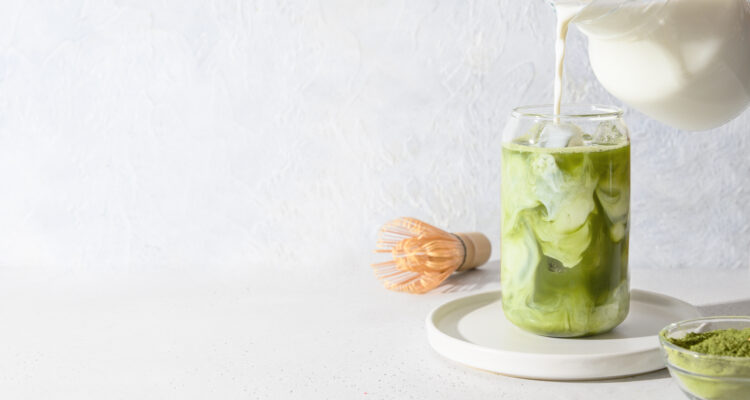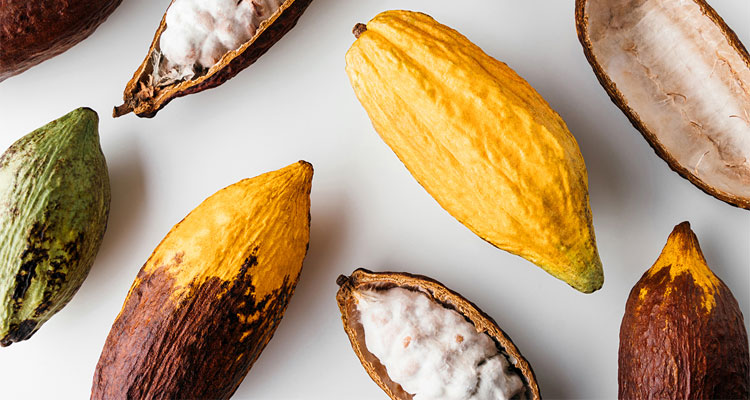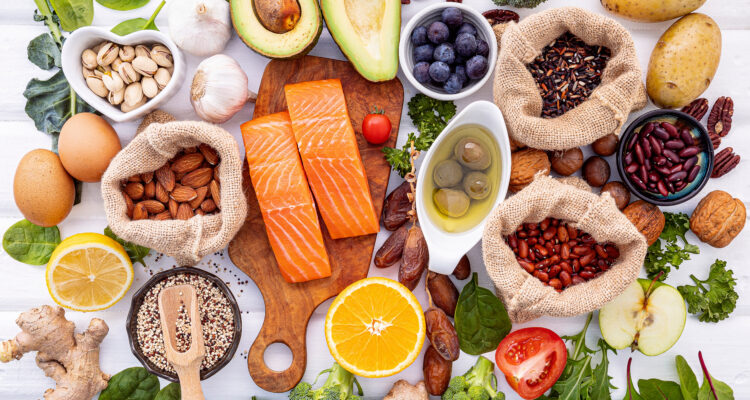What is Matcha?
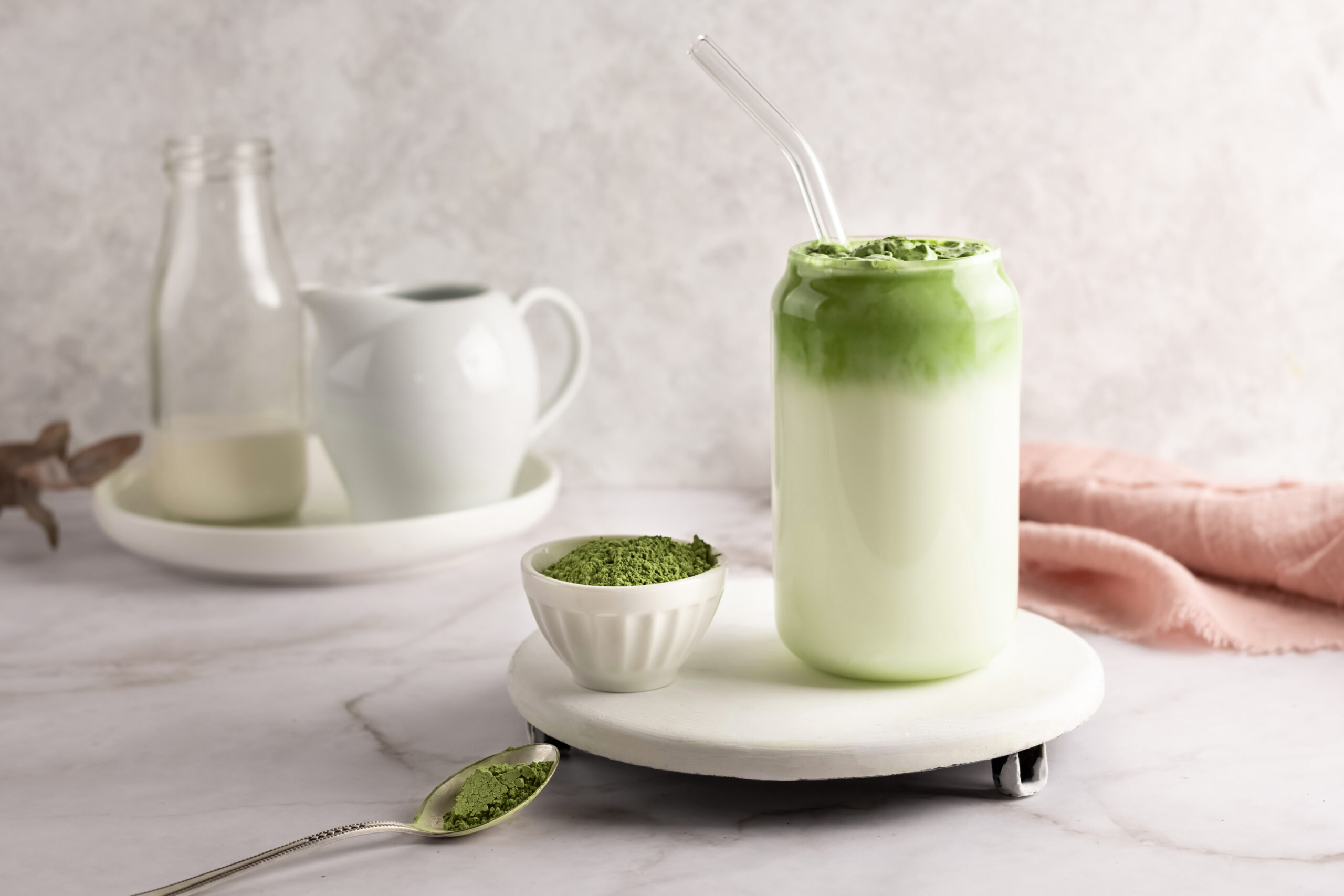
Matcha is a finely ground green powder made from specially grown and processed green tea leaves. You can find it as an ingredient in many foods and drinks. You can enjoy it in tea or mix it into smoothies, lattes, and desserts.
In this blog, we’ll explore the origins of matcha, how it’s made, and above all, look into the numerous health benefits it can offer. So read on for The Ultimate Guide to Matcha and Its Possible Health Benefits…
What are the Origins and Traditions of Matcha?
Matcha has a long history dating back to Japan between the 7th and 10th centuries. Rumour has it, a Buddhist monk, Myoan Eisai, boosted its popularity during the 12th century. What’s more, Esai claimed that drinking matcha improved his meditation sessions by producing a state of ‘calm alertness’. (Today we know this could be thanks to the interaction of matcha’s caffeine and L-theanine – more on this later). [1]
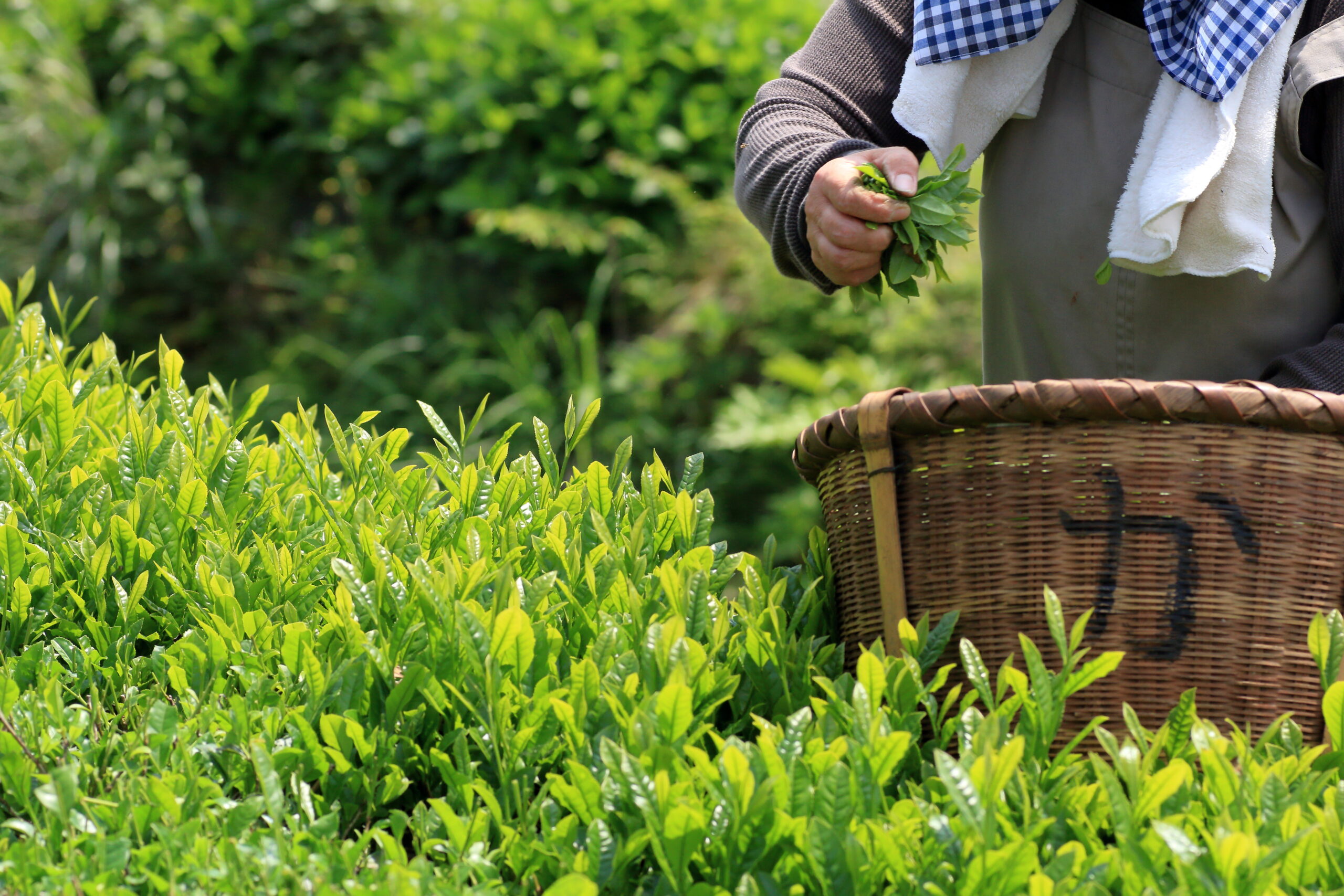
How is Matcha Made?
To begin with, the process of making matcha is an art in itself. Farmers shade tea plants used specifically for matcha from the sun for several weeks before harvesting them. This increases the chlorophyll content and as a result, gives the leaves a super vibrant green colour. Chlorophyll is name of the chemical that plants make when they convert the energy from the sun, and it’s what makes leaves green.
After harvesting, workers steam the leaves to stop fermentation, dry them, and then stone-grind them into a fine powder. This careful process, which can take as long as 10 hours [2], preserves the nutrients and antioxidants in green tea, making matcha a nutritional powerhouse.
Why is Matcha Good for You?
It’s packed with nutrients, vitamins and minerals. One of the standout components of matcha is epigallocatechin gallate (EGCG), a powerful antioxidant praised for its supposed cancer-fighting properties. Matcha also contains L-theanine, an amino acid that can promote relaxation and alertness, contributing to the unique combination of calm energy that matcha enthusiasts have reported experiencing. [3]
May boost metabolism. Studies have suggested that matcha may boost metabolism and help with weight loss. The combination of caffeine and antioxidants aids can aid in weight loss by boosting metabolism and fat burning when combined with diet and exercise [4]. Additionally, matcha can provide a sustained energy boost without the jitters often associated with other caffeinated beverages. For more information on how to increase your metabolism, check out Dr Sally’s blog here.
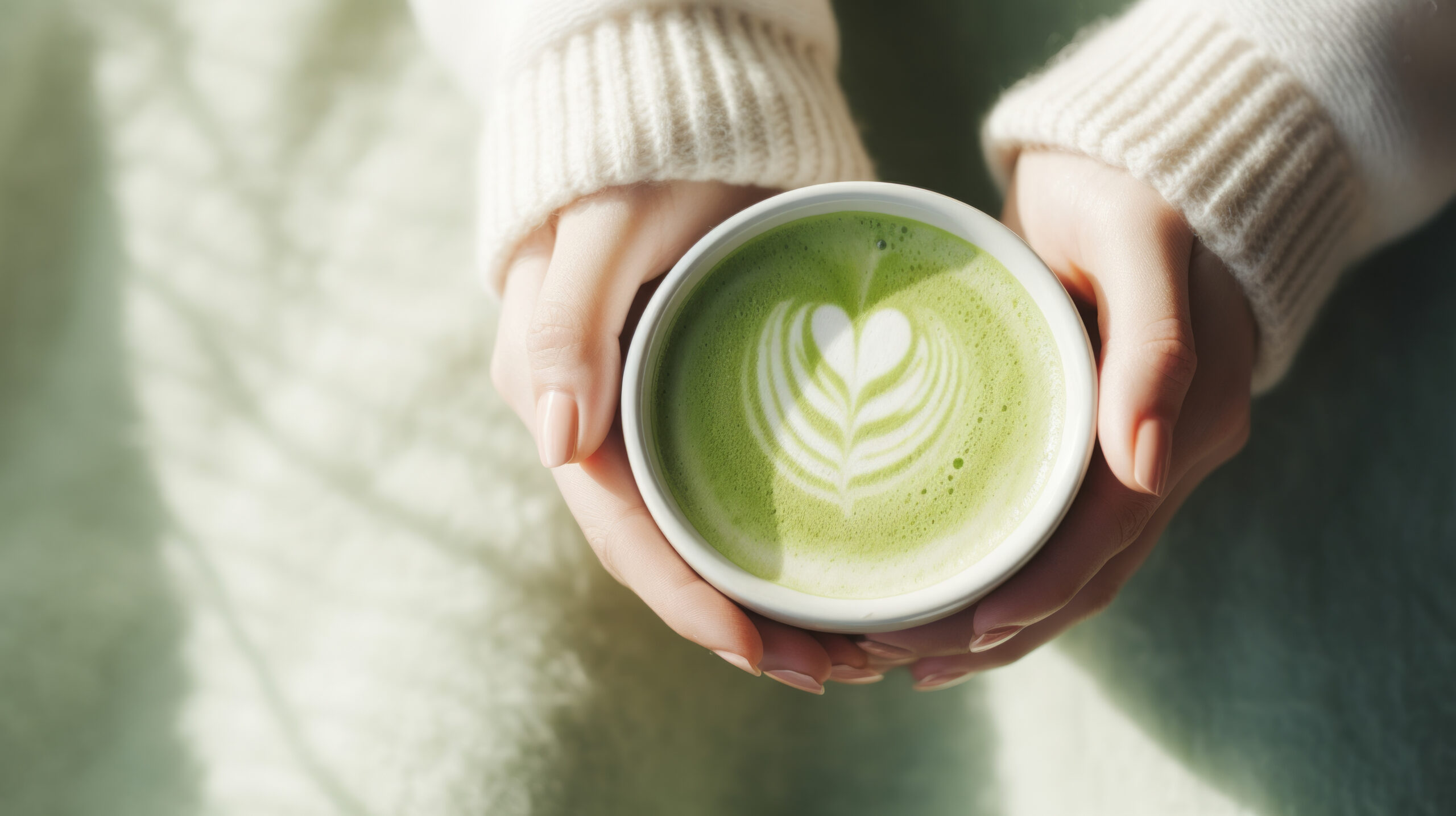
Could Support Heart and Bowel Health. Researchers have linked the antioxidants in matcha, particularly catechins, to improvements in heart health. An increasing number of studies have also associated the intake of catechins-rich foods with the possible prevention of chronic diseases in humans, such as inflammatory bowel disease. [5]
Regular consumption of matcha may help lower cholesterol levels and reduce the risk of heart disease. The unique combination of nutrients in matcha could contribute to overall cardiovascular well-being, and could reduce your chances with associated conditions such as stroke and type 2 diabetes [6].
May Enhance Cognitive Function. The presence of L-theanine in matcha can promote a state of calm alertness, which can improve cognitive function. L-theanine is a naturally occurring amino acid that occurs in teas mostly, although you can get a supplement version. It has been found to potentially support thinking, sleep, relaxation, weight loss, blood pressure, and more. [7] The synergy between caffeine and L-theanine in matcha creates a balanced and sustained cognitive boost without the crashes associated with other caffeinated products.
Please note: Consuming a lot of matcha may not be beneficial for everyone. Choose organic matcha and consuming no more than 1-2 cups of tea per day.
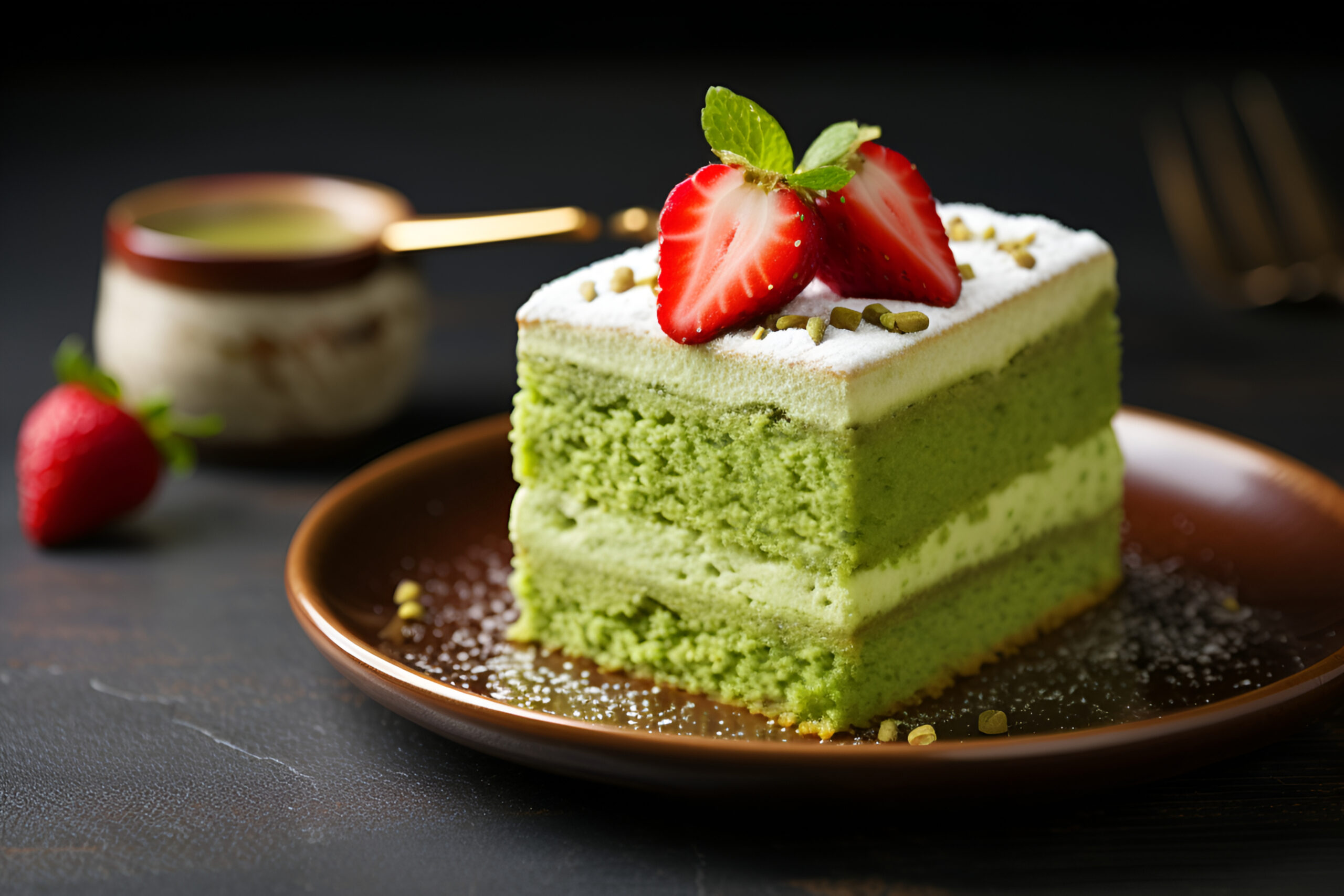
Incorporating matcha into your daily routine can be a fun and healthy experience. From its rich cultural history and the many potential health benefits it offers, matcha can be a unique and versatile addition to your wellness-focused lifestyle.
Here’s a guide to achieving the perfect homemade matcha latte.
At Vavista, our innovative approach to car and home insurance helps you to protect against risk while also improving your health and wellbeing. Get a car insurance quote today!
